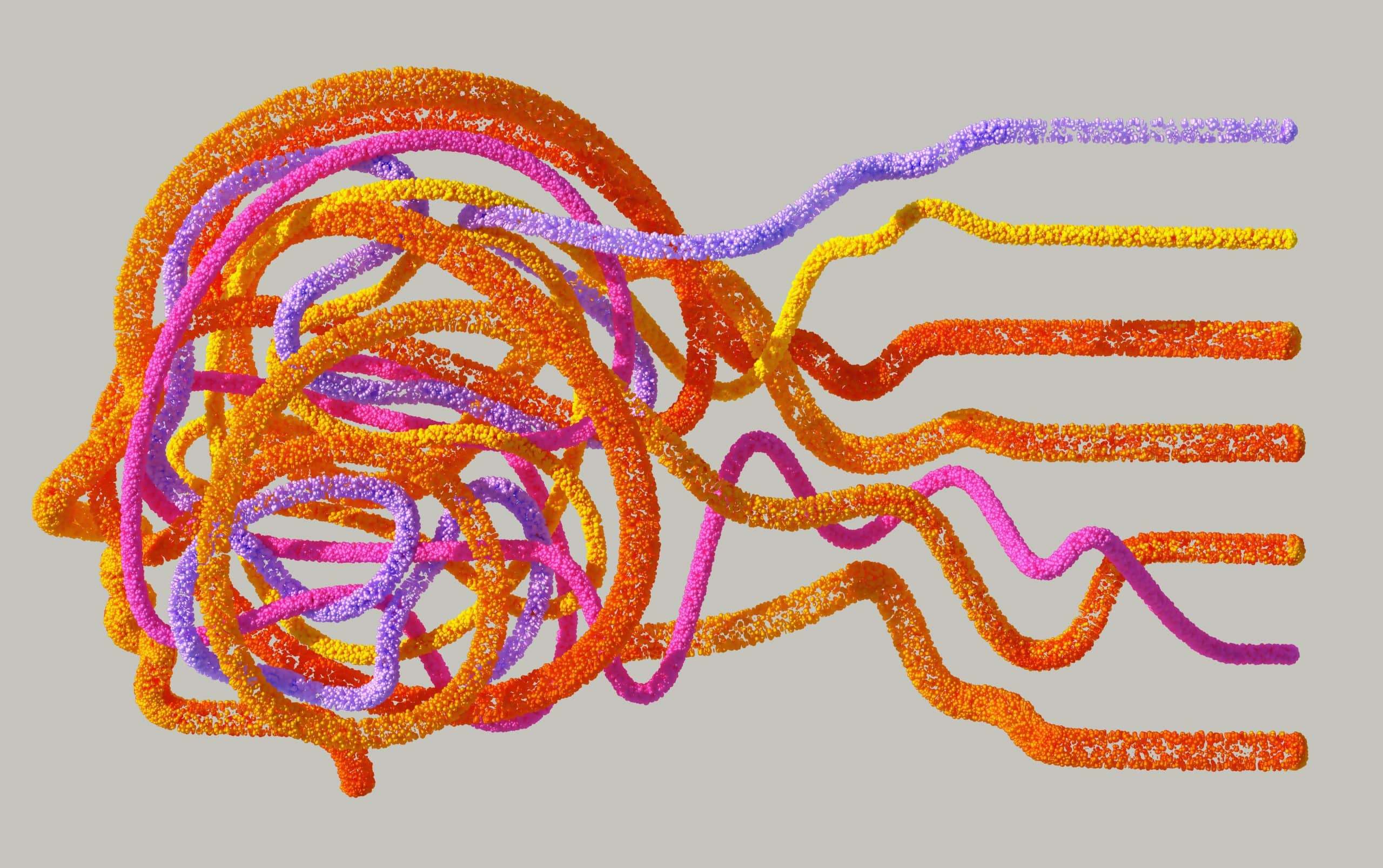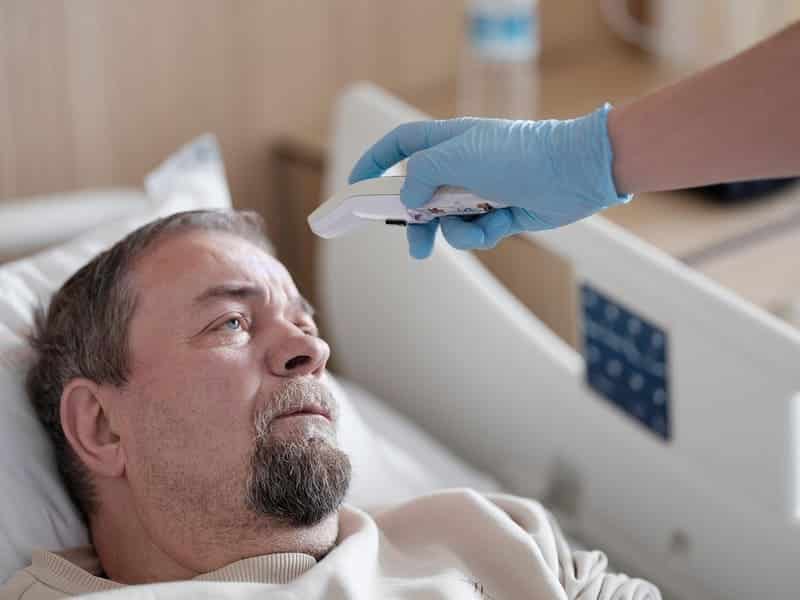The USDA will begin mandatory testing of the nation’s unpasteurized milk supplies for the bird flu. The new federal order will allow regulators to test samples from dairy farms or when milk is transported or processed. The new rules will replace existing voluntary guidelines, which made it difficult to track the virus’s spread because many farms weren’t complying with the guidelines. Private labs are now required to report any positive cases. The program is launching in California, Colorado, Michigan, Mississippi, Oregon, and Pennsylvania.
Why Test.
According to the USDA, this strain of bird flu was first discovered in a Texas cow back in March. Tom Vilsack, Secretary of Agriculture, said the testing program “will give farmers and farmworkers better confidence in the safety of their animals and ability to protect themselves, and it will put us on a path to quickly controlling and stopping the virus’ spread nationwide.” In the ensuing months, the virus has spread to over 720 dairy herds in 15 states, with California reporting the greatest number of infections. In this period, at least 58 people were infected with the bird flu, most of whom were farmworkers. This total includes a child living in the San Francisco Bay area.
This announcement comes over a year after the virus began matriculating through dairy cattle. Criticism has mounted over the lack of testing and tracking of people or animals who may be infected with the virus. There is growing concern that the virus is spreading through dairy operations. Milk with high virus concentrations can easily spread through rodents and other animals in a milking area. The virus can also be spread by humans carrying infectious material on their clothing or farm equipment.
Just this week, California officials discovered possible bird flu contamination in raw milk and cream products from Raw Farm based in Fresno. Many of its products are under are now a recall order, and the farm has been placed in quarantine.
How Will Milk Be Tested
The federal order will complement an April order that required testing of lactating dairy cows before being shipped across state lines. The testing pace will depend on whether the virus is detected in initial sampling, said Rosemary Sifford, USDA’s chief veterinarian. Besides giving USDA the authority to seize milk samples and the implementation of a new testing program, the order requires herd owners to provide information to the department that will allow for virus surveillance and contact tracing. Veterinarians and lab technicians who discover H5N1 are now required to submit the information to the agency. The first round of testing will begin on or around December 16.
Human-to-Human Spread
No scientific evidence demonstrates that people can infect each other with the bird flu. However, experts are concerned that H5N1 might evolve to that level, which could lead to the next human pandemic.










